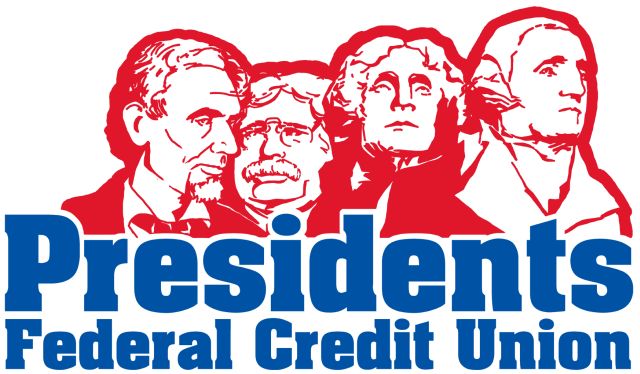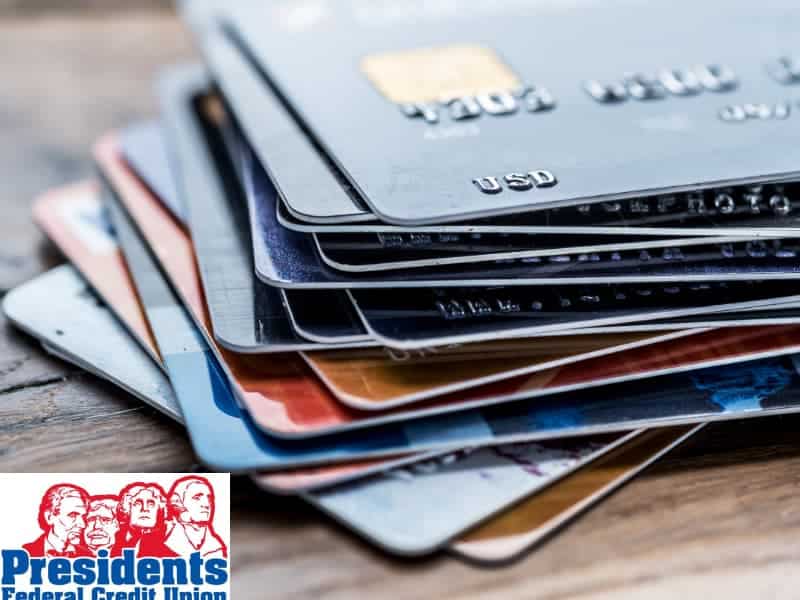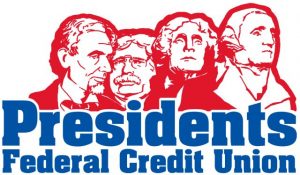How Much Should I Pay on My Credit Card?
Credit cards are an excellent financial tool when used responsibly, but they can also become a burden if not managed carefully. One of the most common questions credit card users have is: How much should I pay on my credit card each month? In this article, we’ll break down the different payment strategies and how to decide what works best for you.
1. Understand Your Payment Options
How Much Should I Pay on My Credit Card? When it comes to paying your credit card bill, you typically have three options:
- Minimum Payment: The smallest amount you are required to pay each month. While this keeps your account in good standing, it often leads to accumulating interest.
- Statement Balance: Paying the full amount due for the billing cycle. This ensures you avoid interest charges altogether.
- Paying More Than the Minimum: Paying as much as you can afford to reduce your balance and limit interest costs.
For more tips on managing your credit card, check out our Visa Credit Card page.
2. The Problem with Paying Only the Minimum
How Much Should I Pay on My Credit Card? Paying only the minimum amount might seem convenient, but it comes with significant downsides:
- High Interest Costs: Credit cards often have high interest rates. If you only pay the minimum, the remaining balance accrues interest.
- Prolonged Debt: Minimum payments are designed to stretch your debt over a long period. For example, paying only the minimum on a $5,000 balance at 18% interest could take over a decade to pay off!
- Negative Impact on Credit Utilization: A high credit utilization ratio (percentage of your credit limit used) can hurt your credit score. Learn more about improving your credit score on our Debt Management page.
To explore how much interest you could save by paying more than the minimum, use our Loan Calculator.
3. Aim to Pay the Full Balance
How Much Should I Pay on My Credit Card? The best practice is to pay your credit card’s statement balance in full every month. Here’s why:
- Avoid Interest Charges: Most credit cards have a grace period, meaning you won’t be charged interest if you pay the full statement balance by the due date.
- Improve Credit Score: Paying in full helps keep your credit utilization low, which is a key factor in your credit score.
- Build Healthy Financial Habits: Regularly paying off your balance teaches discipline and ensures you live within your means.
Learn more about the benefits of paying your balance in full on our Online Banking Portal.
4. Paying More Than the Minimum: A Smart Compromise
If you can’t pay the full balance, aim to pay more than the minimum. Here’s how it helps:
- Reduces Interest Costs: The more you pay, the less interest accumulates.
- Shortens Repayment Period: Larger payments mean you’ll clear your debt faster.
- Improves Financial Flexibility: Reducing your credit card balance frees up your credit limit for emergencies.
Use our Skip a Payment program to free up funds during tough months.
5. How to Decide How Much to Pay?
Consider the following factors when deciding how much to pay:
Your Budget
Review your monthly income and expenses. Use tools like the 50/30/20 budget rule to allocate funds responsibly.
Your Interest Rate
If your card has a high interest rate, paying more than the minimum is crucial. Compare credit card interest rates on Bankrate.
Your Financial Goals
Are you saving for a big purchase, like a car or home? Our competitive loan rates can help you achieve those goals while managing your credit card debt.
6. Strategies to Pay Off Credit Card Debt
How Much Should I Pay on My Credit Card? If you’re struggling with credit card debt, consider these strategies:
Snowball Method
Pay off your smallest balances first to build momentum. Learn more about the snowball method on Forbes.
Avalanche Method
Focus on paying off the highest-interest debts first to save money. Read about this method on Investopedia.
Balance Transfer
Consider transferring your balance to a card with a lower interest rate. Our Visa Credit Card offers no cash advance fees, making it a great option.
Debt Consolidation
Combine multiple debts into one loan with a lower interest rate. Our Personal Loans can help simplify your finances.
7. Benefits of Managing Your Credit Card Wisely
Managing your credit card payments wisely has numerous benefits:
- Financial Freedom: Paying off your balance gives you peace of mind and financial flexibility.
- Better Credit Score: Timely payments improve your creditworthiness, making it easier to qualify for loans like mortgages.
- Lower Debt-to-Income Ratio: Keeping your debt low improves your overall financial health.
8. Don’t Forget About Emergency Funds
How Much Should I Pay on My Credit Card? It’s essential to strike a balance between paying off debt and saving for emergencies. Open a Savings Account or a Holiday Vacation Bank Account with us to build your emergency fund.
For more tips on emergency funds, visit CNBC or Dave Ramsey’s website.
9. Monitor Your Spending
How Much Should I Pay on My Credit Card? Tracking your spending is key to managing credit card debt. Use these tools:
- Budgeting Apps: Apps like Mint can help you monitor expenses.
- Online Banking: Our Online Banking Portal lets you track your credit card transactions 24/7.
10. Take Advantage of Rewards
How Much Should I Pay on My Credit Card? When used responsibly, credit cards can offer great rewards. Learn how to maximize your rewards on NerdWallet or The Points Guy. Compare our Visa Credit Card benefits with other cards on CreditCards.com.
11. Seek Professional Advice
How Much Should I Pay on My Credit Card? If you’re overwhelmed by credit card debt, consider speaking with a financial advisor. Our Debt Management Services can help you create a personalized repayment plan.
For additional resources, check out National Foundation for Credit Counseling or Consumer Financial Protection Bureau.
How Much Should I Pay on My Credit Card?
So, how much should you pay on your credit card? Ideally, you should aim to pay your full balance every month. If that’s not possible, pay as much as you can afford to reduce interest costs and shorten your repayment period. Remember, managing your credit card wisely is the key to financial freedom.
Visit our Online Banking Portal to view your credit card balance and make payments. Need help? Contact us at wecare@presidentsfcu.org or call us at 1 (800) 416-8703.



Recent Comments